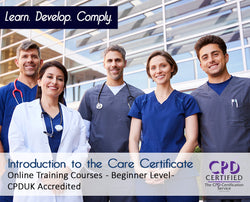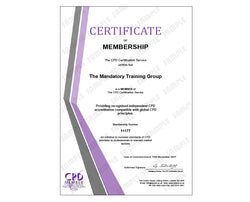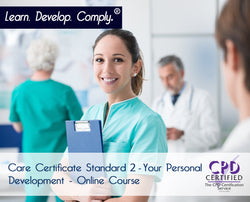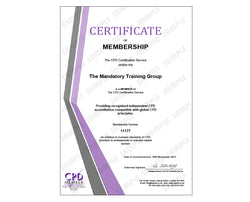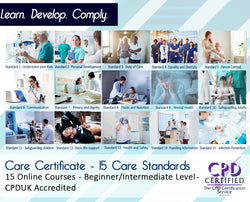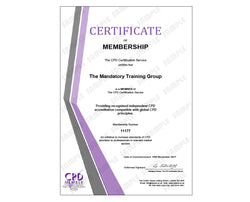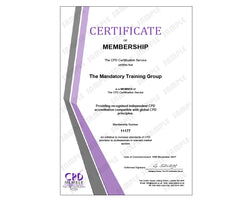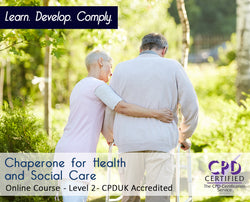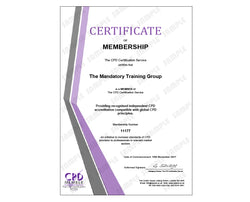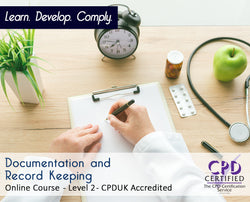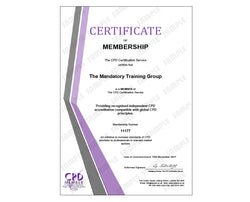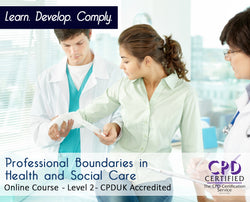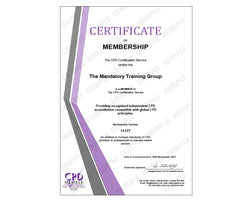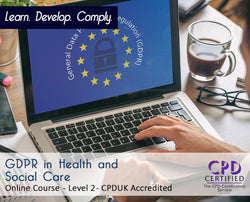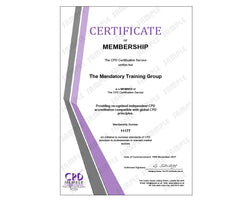This online CSTF conflict resolution course covers the following:
Understanding key legislation and regulations
-
A deep dive into the legal framework governing CSTF conflict resolution in the workplace, including the Health and Safety at Work, etc. Act 1974, Management of Health and Safety at Work Regulations 1999, and guidance from NHS Protect.
-
Examination of how these laws and guidelines specifically apply to healthcare settings, ensuring compliance and promoting a safe working environment.
Identifying common causes of conflict and types of assault
-
Analysis of the root causes of conflict in healthcare environments, from communication breakdowns to environmental stressors.
-
Detailed exploration of the various forms of assault, distinguishing between non-physical and physical assaults, and understanding the implications of each.
Techniques for de-escalation and personal safety
-
Instruction on effective de-escalation techniques, including verbal and non-verbal communication strategies, to mitigate conflict without compromising personal safety.
-
Training on maintaining a safe distance, recognising warning signs of escalating conflict, and emergency response strategies for ensuring personal and team safety.
The role of communication skills in conflict management
-
Comprehensive coverage of how different types of communication—verbal, non-verbal, and written—affect conflict situations.
-
Emphasis on the importance of cultural sensitivity and strategies for overcoming barriers to effective communication.
Strategies for supporting individuals affected by violent incidents
-
Guidelines on providing immediate and long-term support to colleagues and patients directly impacted by violent incidents.
-
Discuss the organisational benefits of offering support, including improved morale, reduced work-related stress, and enhanced team cohesion.
Application of communication models in conflict situations
Behavioural patterns and warning signals
Procedural and environmental considerations in CSTF conflict resolution
Legal and ethical considerations of 'reasonable force'
-
Clarification of the legal definition of 'reasonable force', understanding its limitations, requirements, and the ethical considerations involved in its application.
*This CSTF conflict resolution online course aligns with UK CSTF standards. It fulfils CQC, Care Inspectorates, and other regulatory requirements, ensuring comprehensive, compliant training for all health and social care participants.








